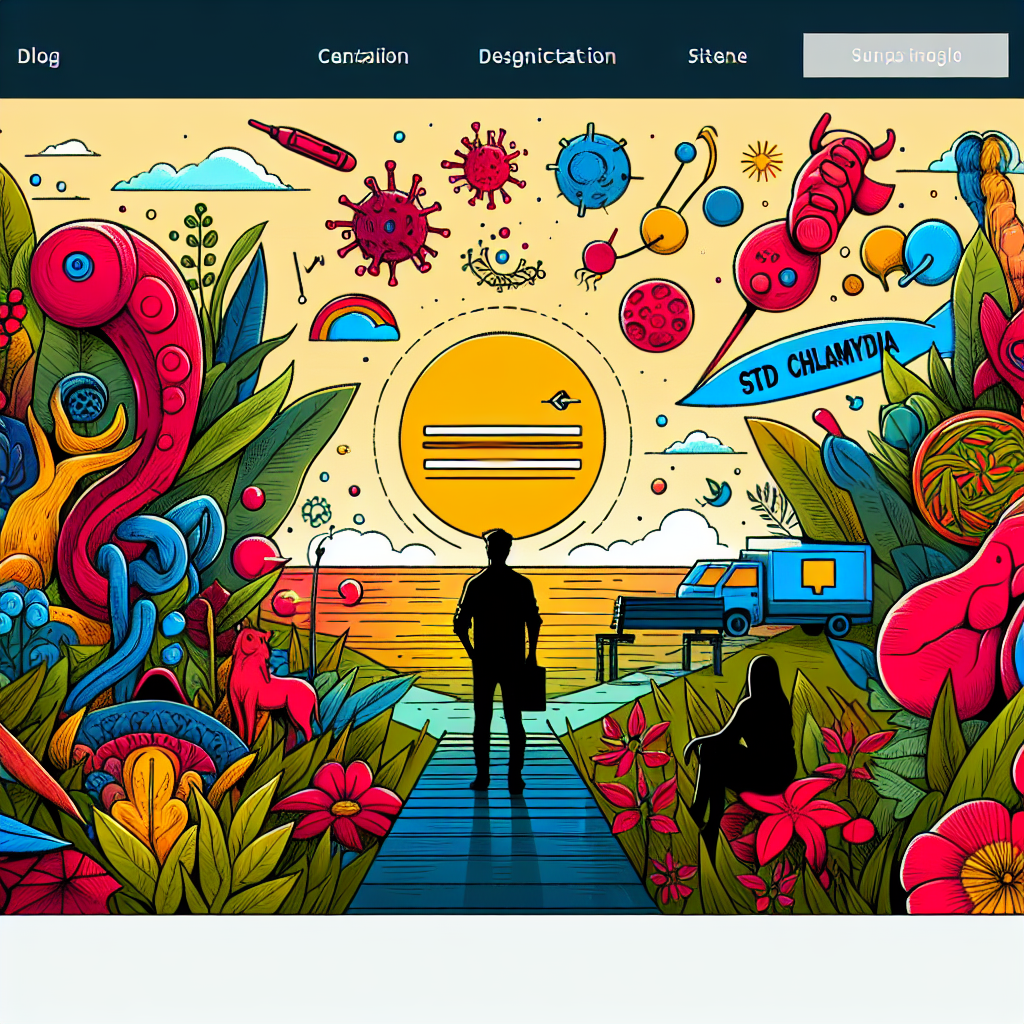Introduction
Imagine a silent intruder slipping unnoticed into a bustling city. This metaphor aptly describes chlamydia, a common yet often undetected sexually transmitted infection (STI) that silently invades our bodies. Understanding how long chlamydia lasts is crucial for those affected and for those seeking to prevent it. In this article, we’ll delve into the symptoms, duration, and treatment of chlamydia, ensuring you have the knowledge to protect your health and well-being.
Table of Contents
- What is Chlamydia?
- Symptoms of Chlamydia
- Duration of Chlamydia
- Treatment Options
- Prevention Tips
- FAQs
- Conclusion
What is Chlamydia?
Chlamydia is caused by the bacterium Chlamydia trachomatis. It is one of the most prevalent STIs in the United States and affects millions of people each year. Often referred to as the “silent” infection, it frequently shows no symptoms, leading many to be unaware they are infected and potentially spreading it unknowingly.
Symptoms of Chlamydia
Although many people with chlamydia do not experience symptoms, some common indicators may include:
- For Women: Abnormal vaginal discharge, burning sensation during urination, pain during intercourse, and lower abdominal pain.
- For Men: Discharge from the penis, burning sensation during urination, and pain or swelling in one or both testicles.
If left untreated, chlamydia can lead to severe health complications such as pelvic inflammatory disease (PID) in women and epididymitis in men, which can cause infertility.
Duration of Chlamydia
The duration of chlamydia varies depending on several factors including early detection and timely treatment. Without treatment, the infection can persist for months or even years. However, with proper antibiotic therapy, chlamydia can be cured within one to two weeks.
Early diagnosis and treatment are key to preventing long-term health issues. Regular screening is recommended for sexually active individuals, especially those with multiple partners or those who engage in unprotected sex. For more comprehensive information on testing options, visit our STD panel page.
Treatment Options
Treating chlamydia typically involves a course of antibiotics such as azithromycin or doxycycline. It’s important to follow the prescribed treatment plan fully. Sexual partners should also be informed and treated to prevent reinfection. Avoiding sexual activity until the infection is completely cleared is crucial.
If you suspect you have chlamydia or have been exposed to it, consult a healthcare professional promptly. You can find answers to common queries on our FAQ page.
Prevention Tips
Preventing chlamydia involves taking proactive steps such as:
- Using condoms consistently and correctly during all types of sexual activity.
- Maintaining a mutually monogamous relationship with a partner who has tested negative for STIs.
- Regular STI screenings for sexually active individuals.
- Avoiding risky sexual behaviors.
Educating yourself and your partners about sexual health is a powerful tool in preventing STIs like chlamydia.
FAQs
Can chlamydia go away on its own?
No, chlamydia requires antibiotic treatment to be cured. Without treatment, it can lead to serious health complications.
How soon after treatment can I resume sexual activity?
You should wait seven days after completing the antibiotic treatment before resuming sexual activity to ensure the infection is fully cleared.
Can I get reinfected with chlamydia?
Yes, it is possible to get reinfected if you have unprotected sex with an infected partner. Both partners should complete treatment before resuming sexual activities.
Conclusion
Chlamydia may be a silent intruder, but armed with knowledge and awareness, we can effectively combat it. Early detection, prompt treatment, and preventive measures are vital in managing this common STI. Stay informed and proactive about your sexual health to safeguard your future well-being.
For more detailed information on testing options and FAQs, visit our resources on the STD panel page and the FAQ page.
Remember, knowledge is power—equip yourself with the right information to make informed decisions about your sexual health.
For additional authoritative information on chlamydia, check out resources from the Centers for Disease Control and Prevention (CDC) and the World Health Organization (WHO).




